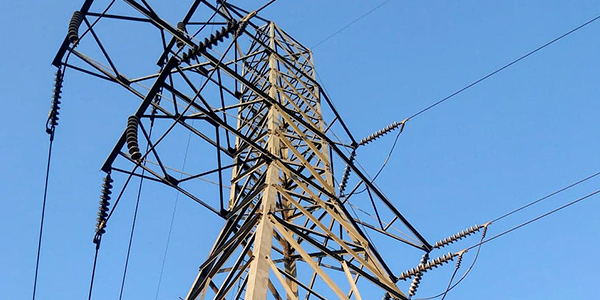By Amanda Durish Cook
MISO says it will rely on the same set of futures for the third straight year when it evaluates transmission projects in its 2020 Transmission Expansion Plan (MTEP 20) — but some stakeholders are eager for a rewrite of the scenarios.
The RTO announced the decision at a Thursday workshop on MTEP 20 futures development after proposing last month to recycle the futures with limited demand, capital cost, fuel price, retirement and renewable data revisions. But some members have argued that MISO’s limited fleet change future is no longer a likely scenario, and others have asked for more integration of the RTO’s ongoing, multiyear renewable generation study. (See “MISO Proposes Virtually Unchanged MTEP 2020 Futures,” MISO Planning Week Briefs: Feb. 12-13, 2019.)
MISO in 2017 created four future scenarios for use in MTEP planning, including:
- limited fleet change, in which the fleet remains relatively static with coal units retiring at the end of their useful life;
- continued fleet change, in which the grid develops according to the trends of the past decade;
- accelerated fleet change, driven by a strong economy that increases demand and motivates carbon regulations and increased renewable use; and
- a future in which distributed and emerging technologies become more widely used.
Veriquest Group’s David Harlan questioned whether the scenarios still capture the “bookends” of possibilities in the future. He pointed out that MISO could approve a major transmission project that looks useful under all four futures but proves not to be as beneficial as expected.
“There is a fairly large appetite to think about updating futures for the next cycle,” Harlan said. He also asked for MISO to provide more transparency into how it assembles futures assumptions.
The Union of Concerned Scientists’ Sam Gomberg said the futures “continue to underestimate the pace of renewable generation deployment across the region.”
In written comments submitted to MISO, the UCS said, “In particular, the limited fleet change future presents an unreasonably low assumption. … While we agree with MISO’s assertion that there have been no significant changes to state or federal policies to warrant new futures narratives, other significant drivers of renewable deployment have emerged in recent years and continue to accelerate renewable energy penetration levels.”
But NextEra Energy said, “Extensive updates to the base data are warranted.”
“The most significant economic changes have been cost reductions and technological improvements for wind, solar and battery storage generation. This has fundamentally changed the long-term value proposition of these technologies,” NextEra said. The company also pointed to 10 MISO utilities that have significant renewable or carbon reduction goals.
On the other hand, DTE Energy and American Transmission Co. said MISO’s plan to merely refresh its futures’ base data for MTEP 20 was appropriate. WPPI Energy said didn’t see an urgent need to revamp the futures for MTEP 20, but it asked MISO to plan an extensive retooling for 2021.
Consultant Roberto Paliza questioned whether MISO was properly considering recent climate change studies, electric vehicle expansion, corporate promises to get energy sourced from renewables and several utilities’ decarbonization commitments in the next decades.
There’s a “new potential reality,” he said. “I’m concerned that major transmission expansion will be made without focus on future possibilities that are not covered by these futures.”
“Today that hasn’t been hard-baked into the futures, but it’s an important conversation to have,” agreed MISO Planning Manager Tony Hunziker.
Hunziker said that even though MISO’s goal is to reuse the MTEP 19 futures for 2020, the RTO could incorporate some minor changes if “there’s critical mass on agreement” and it has the manpower, technical capability and time to make them.
But Minnesota Public Utilities Commission staff member Hwikwom Ham said the main uncertainty is load growth, more so than retirements and renewable penetration.
MISO will hold another workshop on the subject next month and expects to finalize MTEP 20 futures sometime in June.





